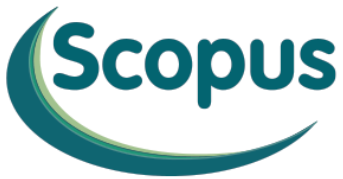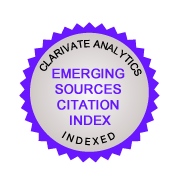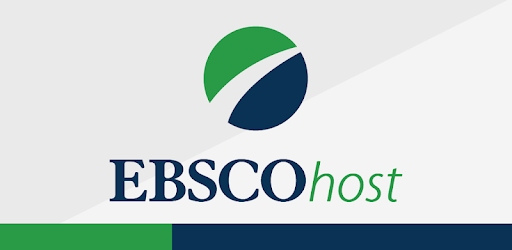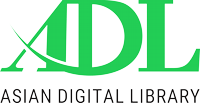Students as Designers of E-book for Authentic Assessment
DOI:
https://doi.org/10.32890/mjli2019.16.1.2Keywords:
Authentic assessment, design thinking, e-book design, technology enhanced learningAbstract
Purpose – The purpose of this study is to examine the elements that determine students’ success as designers of an e-book by means of an authentic assessment in a collaborative learning environment. A total of 11 English Language Teaching (ELT) postgraduate students were involved as designers, writers and peer reviewers of the e-book project.Methodology – Data was gathered based on a qualitative methodological approach, via face-to-face discussions, WhatsApp groups, Moodle classes and reflections from students’ e-portfolios. The data was analyzed using content analysis procedures where it was read carefully to understand emerging themes. It was then coded and labeled manually in relation to the aims of the study and its theoretical framework.
Findings – The analysis suggested that the students had positive experiences where they became self-publishers while engaged in designing learning experiences via integrating technology. The use of authentic assessments enabled them to develop teamwork, to become motivated and self-directed learners with autonomy.
Significance – The outcome of this research will help course designers and program developers to integrate authentic assessments that are relevant to the current needs of students.




























